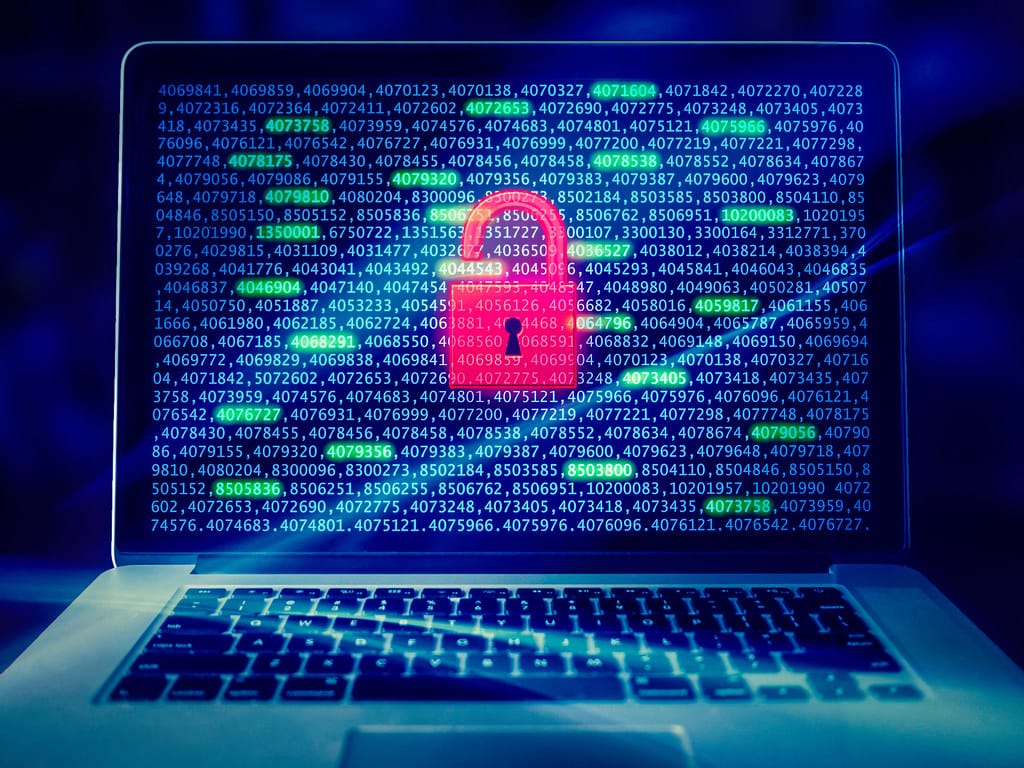Minnesota Deploys National Guard Following Devastating St. Paul Cyberattack
A sophisticated cyberattack on St. Paul's municipal systems has prompted Minnesota Governor Tim Walz to activate the National Guard, marking one of the first times in U.S. history that military personnel have been deployed to respond to a civilian cybersecurity crisis. The unprecedented move underscores the growing threat that cyberattacks pose to critical infrastructure and public safety.
The Attack That Paralyzed a City
The cyberattack, which began early Tuesday morning, crippled St. Paul's essential services including the 911 emergency system, traffic management networks, and water treatment facilities. City officials report that hackers infiltrated multiple municipal databases, potentially compromising sensitive resident information and bringing core operations to a standstill.
"This isn't just about inconvenience – lives are at stake when emergency services go dark," said St. Paul Mayor Melvin Carter during an emergency press conference. The attack forced the city to revert to analog backup systems for emergency dispatch, causing response delays of up to 15 minutes for some calls.
Initial investigations suggest the attack bears hallmarks of a ransomware operation, with cybersecurity experts pointing to similarities with recent attacks on other municipal targets across the Midwest. The FBI's Cyber Division has launched a full investigation, working alongside state and local authorities to identify the perpetrators.
National Guard's Cybersecurity Role
Governor Walz's decision to activate 50 National Guard personnel represents a significant escalation in cyber defense strategy. The deployed unit includes members of the 55th Signal Company, specialists trained in both traditional communications and modern cybersecurity protocols.
"The Minnesota National Guard has been preparing for exactly this type of scenario," explained Colonel James Peterson, commander of the cybersecurity response team. "Our personnel bring both military-grade security expertise and the ability to rapidly establish secure communication networks."
The Guard's immediate priorities include:
- Establishing secure communication channels for emergency services
- Assisting with forensic analysis of compromised systems
- Providing cybersecurity expertise to prevent further infiltration
- Coordinating with federal agencies on threat assessment
This deployment follows a growing trend of states recognizing cyberattacks as emergencies warranting National Guard response. Ohio and Louisiana have previously activated Guard units for cyber incidents, but Minnesota's response represents the largest civilian cyber deployment to date.
The Broader Implications
The St. Paul attack highlights a disturbing pattern affecting American municipalities. According to the Internet Security Alliance, cyberattacks on local governments increased by 37% in 2023, with ransomware attacks specifically targeting cities with populations under 500,000.
Recent high-profile incidents include:
- The 2021 Colonial Pipeline attack that disrupted fuel supplies across the Southeast
- Baltimore's 2019 ransomware attack that cost the city an estimated $18 million
- Atlanta's 2018 cyberattack that knocked out critical services for weeks
"Smaller cities often lack the cybersecurity infrastructure of major metropolitan areas, making them attractive targets," explains Dr. Sarah Mitchell, a cybersecurity researcher at the University of Minnesota. "The attackers know these municipalities can't afford extended downtime."
The financial impact extends beyond immediate response costs. Municipal cyber insurance claims have skyrocketed, with premiums increasing by up to 300% for some cities over the past two years. St. Paul's attack could result in millions of dollars in recovery costs, not including potential legal liabilities from compromised resident data.
Moving Forward: Lessons and Preparedness
As St. Paul works to restore full operations – a process expected to take several weeks – the incident serves as a wake-up call for municipalities nationwide. Cybersecurity experts recommend several critical steps for cities looking to strengthen their defenses:
Regular system updates and patches, employee cybersecurity training, robust backup systems, and coordination with state and federal cyber resources are essential foundations. Additionally, cities should consider cyber insurance policies and develop comprehensive incident response plans that include potential National Guard activation.
The Minnesota response demonstrates that cyber threats to critical infrastructure now warrant the same serious attention as natural disasters or physical attacks. As cities increasingly rely on digital systems, the line between cybersecurity and homeland security continues to blur.
For now, St. Paul residents face ongoing service disruptions as officials work around the clock to restore normalcy. The successful resolution of this crisis – and the lessons learned – will likely influence how other states and municipalities prepare for the cyber threats that have become an unfortunate reality of modern governance.

